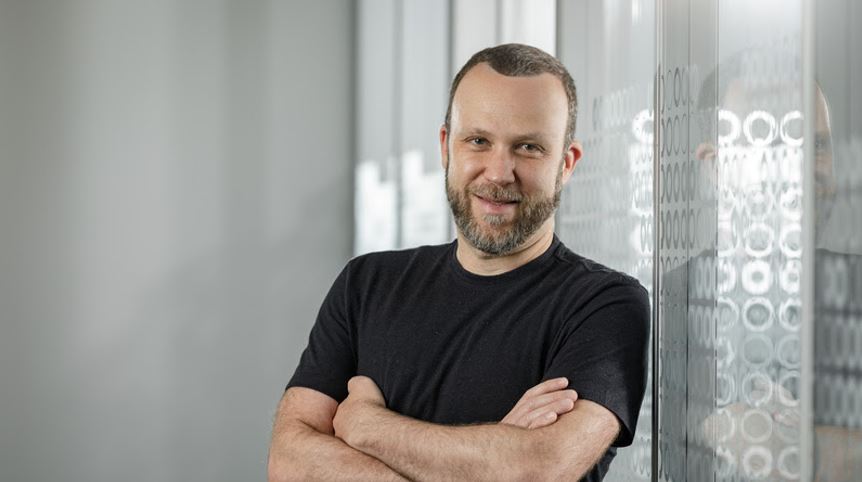 *By Dennis Herszkowicz,
*By Dennis Herszkowicz,
The last two years were, without a doubt, the most challenging for Brazilian businessmen and entrepreneurs – who historically are already experts in resilience. Human relationships have changed significantly, and in particular the way companies relate to their employees, business partners and customers.
Much of what was followed and taken as a standard of success 2 years ago is not even part of the reality of companies today. Even with the advance of vaccination, which has already immunized almost 2/3 of the Brazilian population, and a gradual resumption of face-to-face activities - while following all the still necessary health measures - it would be a mistake to think that we can go back to acting as before the pandemic. . Society has changed and some of the changes are here to stay.
Therefore, for me, one of the keys to having a successful business in 2022 is precisely to understand this scenario: to identify how these changes and transformations in society will impact companies in this “new era”, whether in the way of working, consuming, innovate or promote itself to all audiences. Based on this primary analysis, I bet on some trends that all companies, regardless of size and sector, should keep an eye on to remain relevant and productive.
First and foremost, companies need to have ESG thinking as a business premise. The Social-Environmental-Governance concept must be the North for all your actions, products and services, from conception to final delivery. In 2022 there will be no more room for companies that do not follow strict rules of responsibility towards society, the environment and management. All stakeholders value and research the activities of the business before deciding to invest, be a partner, customer or work in the company.
A second important point is that companies should also pay attention to the union of productivity with quality of life at work. Concern — correct — about mental health has been intensified since the beginning of the pandemic. And this necessarily extends to corporate life. But how to have that balance? One of the possibilities is a smarter task management, with more autonomy for employees, a better sense of prioritization of subjects, the use of remote and face-to-face in an intelligent way – in favor of results, avoiding myths and exaggerations.
This means that, more than ever, it will be essential to convey trust to the team, decentralizing decisions and treating professionals in the daily work with respect, as adults they are. It may seem simplistic or even obvious, but these little demonstrations can make a difference in making everyone feel more confident and satisfied in their daily routines. The experience of the last few months with remote work – which will still be a reality for those who adopt the hybrid model – is here to stay and has taught us a lot about trust, responsibility and how to better deal with the relationship between being productive and maintaining a mentally healthy life.
The third trend is closely related to the previous one: the adaptation to the hybrid model. We learned to live digitally, something that was unthinkable for many companies at the beginning of 2020. Everyone who could, took their employees to the home office and their businesses to digital. Even with the gradual resumption, we will no longer be physical 100% – with rare exceptions. A survey by Great Place to Work (GPTW) with more than two thousand Brazilian companies shows that 30% already have new work format policies. It is important for companies to be prepared for a new routine, whether in terms of technological and physical structure, or in terms of labor relations.
Another trend that deserves attention from companies is to seek — and find — avenues for constant innovation. Something that accelerated exponentially in recent months was the increase in the number of startups in Brazil. A survey by the Liga Ventures platform identified more than 16,000 startups in Brazil, operating in dozens of different sectors of the economy. And according to the District's Inside Venture Capital report, the value of contributions received by startups in 2021 is already over U$5 billion.
There are thousands of companies producing solutions that can complement or enhance your business. And often, working in partnership with a startup is more efficient, productive, and cost-effective than innovating in-house. And it makes it possible to focus more diligently and intelligently on your company's core business.
Finally, I also highlight the need for a multichannel strategy. Today, everyone is used to consuming and relating in a digital way. According to research by the Harvard Business Review, customers who use more than one shopping channel spend 4% more in physical stores and 10% more in online stores compared to consumers who use only one channel for their purchases.
That is, in addition to people being more willing to buy online — an irreversible habit — this customer tends to consume more if the brand or company establishes an efficient conversation in its different channels, not only for sales, but also for customer contact. It is not enough to have a strategy focused on digital, it is necessary to use tools that help to relate intelligently on all fronts.
With a good understanding of how to act in the face of the new reality in the country and understanding market trends, there are undoubtedly opportunities to be seized. The tools to put all this into practice already exist: people, technology and good organizational planning. Here we go?
*Dennis Herszkowicz, President of TOTVS
Notice: The opinion presented in this article is the responsibility of its author and not of ABES - Brazilian Association of Software Companies













